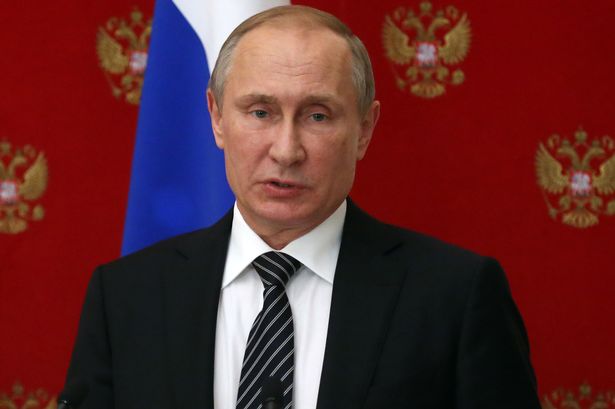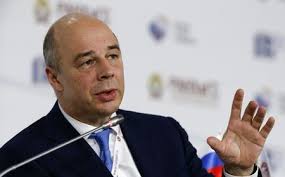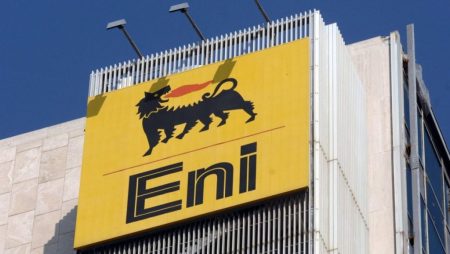
MOSCOW — President Vladimir Putin, who plays a decisive role in OPEC+ oil policy, hasn’t yet decided whether Russia will support the group’s proposal for deeper production cuts.
The leader will make up his mind in a “timely” manner, his spokesman Dmitry Peskov told reporters in Moscow on Thursday, without providing a definite time frame. Russia’s position keeps the Saudi-led cartel in limbo over what action they should take to mitigate the oil-price slump caused by the coronavirus.
Global oil demand will drop this quarter for the first time in over a decade as the outbreak batters China’s economy, creating a significant supply surplus, according to the International Energy Agency. Crude already sank to a one-year low below $50 a barrel last week and the impact of the epidemic will be felt throughout the year.
Russia has been keeping the Organization of Petroleum Exporting Countries and its allies in the dark for a week since the group’s technical experts recommended deepening current production cuts in the second quarter by 600,000 barrels per day. Saudi Arabia, Iran, Bahrain and Venezuela have publicly backed the plan, which would partially offset the reduction in demand from the virus. The OPEC+ group needs a consensus to make any final decision on its production strategy.
After meeting with Russian Energy Minister Alexander Novak on Wednesday, some of the country’s largest oil companies said they support extending the current OPEC+ production cuts for one more quarter, but gave no indication as to whether deeper curbs were discussed.
It’s not the first time that Putin, who has been at the helm of Russia for over two decades, has determined OPEC+ strategy. Last year, he effectively made the group’s meeting redundant by announcing he had reached a deal with Saudi Arabia to extend production cuts.
Russia has on many occasions taken a wait-and-see approach to extending or deepening its cooperation agreement with OPEC. That stance has often been in sharp contrast to Saudi Arabia, which has been the driving force behind the cuts and been ready to shoulder the bulk of them. Despite the diverging views, the two nations usually find a compromise.
The Russia-Saudi oil alliance formed more than three years ago rests on a personal and political bond between Putin and Crown Prince Mohammed Bin Salman, the kingdom’s de-facto ruler. The relationship has allowed Moscow to expand its political influence in the Middle East.
Follow us on twitter
*Stepan Kravchenko and Dina Khrennikova – Bloomberg



